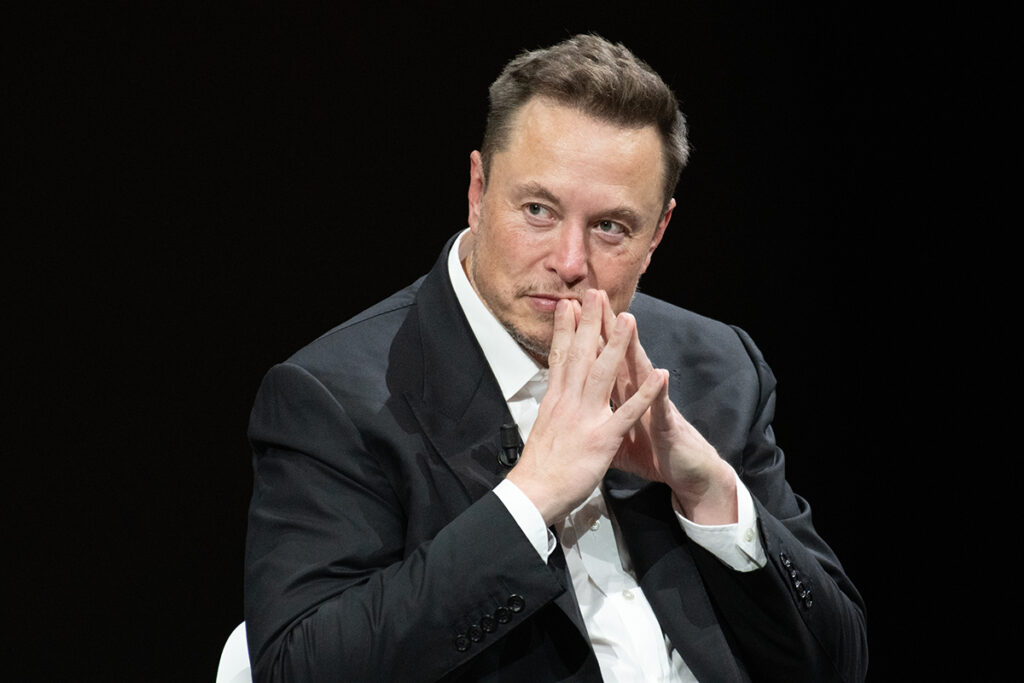Billionaire entrepreneur Elon Musk, widely recognized for his role at Tesla and SpaceX, has increasingly inserted himself into European political affairs, leveraging his social media platform, X, to challenge prominent leaders. His criticisms have extended across multiple nations, with the United Kingdom being a primary focus, particularly in his attacks on Prime Minister Keir Starmer. Musk’s statements have heightened political tensions, sparking debates over whether his involvement is aimed at shaping European politics or defending his business interests against stricter regulations.
His reach extends beyond the UK, as his attacks have also affected leaders in France, Germany, and the European Commission. His increasing involvement in European affairs has led to growing concerns about his influence over political narratives and public discourse.
Targeting the UK Government and Keir Starmer
Musk’s most aggressive criticisms have been directed at British Prime Minister Keir Starmer, whom he falsely accused of complicity in criminal cases related to grooming gangs. Despite a 2022 inquiry concluding there was no prosecutorial cover-up during Starmer’s tenure as head of the Crown Prosecution Service, Musk has continued to push these allegations, calling for Starmer’s removal and suggesting King Charles should intervene.
His posts have amplified opposition to Starmer’s government, giving right-wing political figures new material to challenge the Labour Party. Musk also targeted Labour minister Jess Phillips, accusing her of protecting those involved in crimes by refusing to support an additional inquiry, despite experts stating that another investigation would only delay the implementation of existing recommendations.
Expanding Influence Across Europe
Beyond the UK, Musk’s interventions have reached Germany, where he has endorsed the far-right Alternative for Germany (AfD). He has publicly supported its leader, Alice Weidel, and plans to host discussions on X, despite the party’s controversies surrounding members who have failed to condemn Nazi war crimes.
In reaction to Musk’s engagement in European elections, France’s Emmanuel Macron and Norway’s Jonas Gahr Støre have voiced concerns over the influence of billionaires on political discourse. Spain’s government has also condemned Musk’s interference, stressing the need for social media platforms to uphold political neutrality. Meanwhile, some EU officials are advocating for regulatory measures, including fines, to limit his growing influence.
Analysts speculate that Musk’s motivation could be linked to legislative measures targeting big tech. The UK has recently introduced a digital regulations act increasing oversight of platforms like X, and Musk’s aggressive stance against the British government may be an effort to challenge these restrictions.
Internal Conflicts with Right-Wing Allies
Despite appearing to align with right-wing movements, Musk has also clashed with political figures he once supported. Nigel Farage, leader of the Reform UK party, recently found himself at odds with Musk after the tech billionaire called for his removal.
The dispute appears to stem from Musk’s demand for the release of Tommy Robinson, a far-right activist with a history of legal troubles. Farage, who has been working to make Reform UK more palatable to mainstream conservative voters, distanced himself from Robinson, fearing the association could harm his party. This led Musk to publicly criticize Farage, creating further political divisions.
The Uncertain Impact of Musk’s Actions
Musk’s interventions have raised questions about the role of social media in shaping modern politics. While polling suggests he is unpopular with the majority of the British public, his accusations against Labour have created challenges for Starmer’s government.
The Labour Party has responded by proposing new legislation to increase penalties for failing to report child sexual abuse, aligning with recommendations from the 2022 inquiry. However, Musk’s influence remains a concern for European leaders, as his close ties with Donald Trump could have geopolitical consequences.
With the European political landscape shifting and elections on the horizon, Musk’s role in shaping narratives remains unpredictable. Whether his actions are driven by personal ideology, business interests, or a desire for political influence, his presence in European affairs is unlikely to fade anytime soon.


